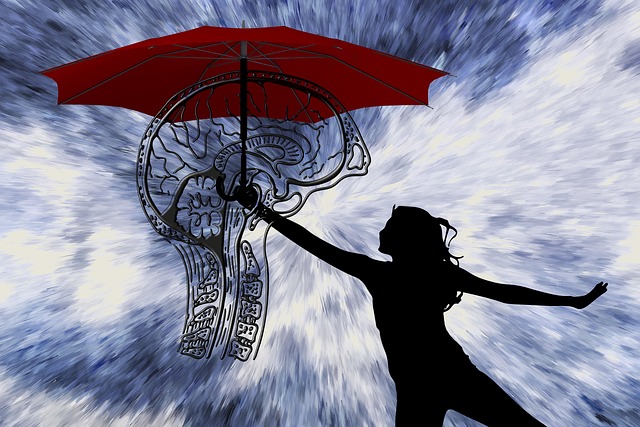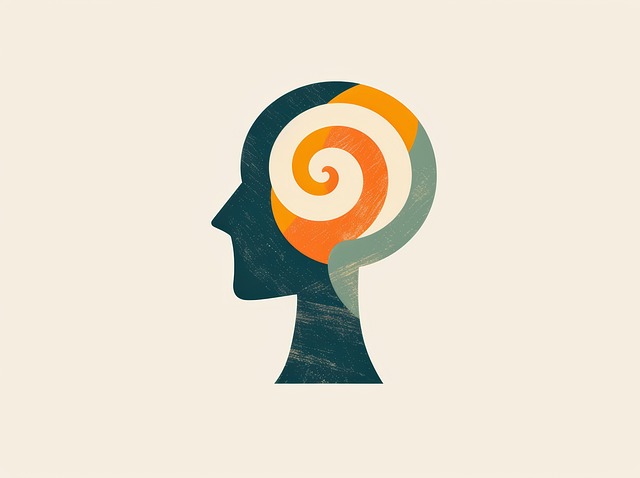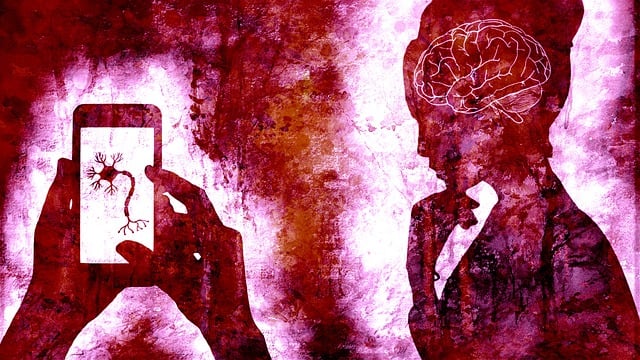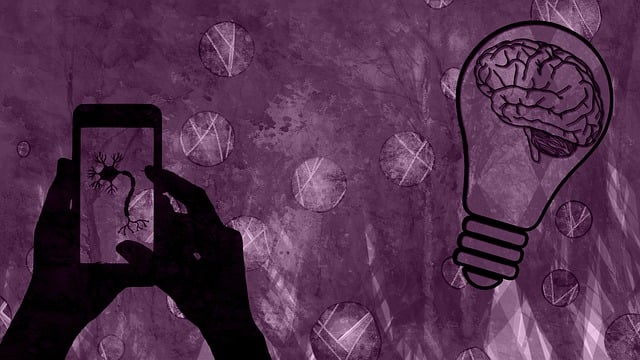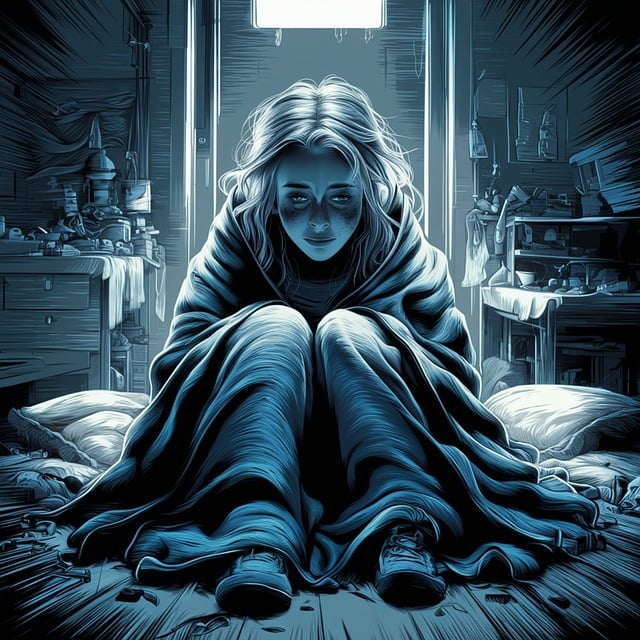Mental health stigma, driven by misinformation and fear, impedes access to care for conditions like bipolar disorder. To combat this, advocate for education, empathetic media representation, and burnout prevention for healthcare providers. Westminster Bipolar Disorder Therapy (WBDT) offers a personalized, nuanced approach that bridges media portrayal gaps, promotes empathy, and improves mental wellness outcomes. Accurate media depictions of bipolar disorder are crucial for reducing stigma, encouraging help-seeking behaviors, and revolutionizing public understanding through initiatives like Mental Wellness Coaching Programs.
In today’s digital era, media representation of mental illness plays a pivotal role in shaping societal perceptions. This article explores strategies to combat stigma through accurate portrayal, using Westminster Bipolar Disorder Therapy as a case study. We delve into the challenges of depicting mental health authentically while highlighting successful initiatives. By examining these aspects, we aim to foster positive mental health awareness, educate audiences, and challenge stereotypes associated with bipolar disorder and beyond.
- Understanding Mental Health Stigma and its Impact on Society
- Westminster Bipolar Disorder Therapy: A Case Study of Effective Representation
- Challenges in Portraying Mental Illness Accurately in Media
- Strategies for Promoting Positive Mental Health Awareness through Media
- The Role of Education and Collaboration in Challenging Stereotypes
Understanding Mental Health Stigma and its Impact on Society

Mental health stigma, a pervasive societal issue, refers to the discrimination and prejudice directed towards individuals with mental illnesses. This pervasive problem has profound implications, fostering an environment where people suffering from conditions like bipolar disorder often face barriers to seeking Westminster bipolar disorder therapy or other forms of support. The impact is far-reaching: it can deter individuals from openly discussing their struggles, hinder access to quality healthcare, and contribute to long-term negative consequences for mental well-being.
Understanding the nature of stigma is crucial in challenging these societal norms. Stigma often arises from misinformation and fear, leading to unfair judgments and marginalization of those with mental health challenges. Addressing this requires a multifaceted approach, including raising awareness through education, promoting empathetic narratives in media representations, and implementing burnout prevention strategies for healthcare providers who play a vital role in supporting individuals navigating emotional regulation issues such as bipolar disorder.
Westminster Bipolar Disorder Therapy: A Case Study of Effective Representation

Westminster Bipolar Disorder Therapy (WBDT) stands as a shining example of effective mental illness representation in media and therapy practices. This innovative approach has successfully challenged stereotypes and provided a nuanced understanding of bipolar disorder, offering valuable insights into how to navigate this complex condition. Through WBDT, individuals living with bipolar disorder receive tailored support, emphasizing the importance of personalized treatment plans.
By showcasing real-life stories and experiences, WBDT bridges the gap between media portrayal and reality, fostering empathy and promoting better trauma support services. It highlights the effectiveness of early intervention and depression prevention strategies, ultimately contributing to improved mental wellness outcomes. This case study underscores the power of media in shaping public perception and advocating for more inclusive healthcare solutions.
Challenges in Portraying Mental Illness Accurately in Media

Portraying mental illness accurately in media is a complex challenge. Often, these depictions fall into stereotypes or simplistic narratives that fail to capture the nuanced experiences of individuals living with conditions like bipolar disorder. The media’s influence on public perception is significant, making accurate representation crucial for fostering understanding and reducing stigma. Unfortunately, common clichés such as portraying characters as either “crazed” or “overly dramatic” contribute to misinformed views, hindering access to empathy and support.
For instance, the portrayal of bipolar disorder in media frequently oversimplifies the condition’s symptoms and progression, often focusing on extreme manic or depressive episodes without adequately addressing the periods of stability between crises. This can lead to a misleading understanding of the illness, impacting how viewers perceive those seeking Westminster Bipolar Disorder Therapy or other mental health support services. Effective crisis intervention guidance relies on accurate representation to encourage viewers to recognize symptoms in themselves or others and seek timely help, ultimately promoting better emotional regulation.
Strategies for Promoting Positive Mental Health Awareness through Media

Media plays a powerful role in shaping public perception about mental health, and its influence can be utilized to foster positive change. By implementing strategic approaches, media outlets can contribute to increased understanding and reduced stigma associated with mental illnesses like bipolar disorder. One effective strategy is to showcase diverse characters with genuine stories of their struggles and recovery journeys. This approach helps in building empathy among viewers, encouraging them to view individuals with mental health conditions as multifaceted people rather than stereotypes.
Additionally, incorporating expert insights from professionals such as therapists or mental wellness coaches can provide valuable information without sensationalizing issues. These Empathy Building Strategies can be further enhanced through the development of Mental Wellness Coaching Programs, offering viewers practical tips and resources for managing their own mental health. Encouraging open conversations about bipolar disorder and other mental health challenges, while ensuring accurate representation, is key to raising awareness and encouraging those in need to seek appropriate help, like that offered by Westminster Bipolar Disorder Therapy.
The Role of Education and Collaboration in Challenging Stereotypes

Mental illness representation in media has long been a topic of contention, with many portrayals perpetuating harmful stereotypes that can influence public perception. The most effective challenge to these stereotypes lies in education and collaboration. By fostering open dialogue about mental health issues, we can dispel myths and foster empathy. This includes collaborating with mental health professionals, individuals living with bipolar disorder, or other conditions, and diverse communities to ensure a more accurate and nuanced depiction in media.
For instance, initiatives like Westminster Bipolar Disorder Therapy that prioritize inclusive storytelling can significantly impact how audiences understand complex mental health conditions. Highlighting the human experience behind disorders not only promotes self-esteem improvement but also encourages those struggling with anxiety relief and positive thinking to seek help without fear of stigma. Through education and collaboration, media has the potential to revolutionize public understanding of mental illness, ultimately leading to a more supportive and accepting society.
Mental illness representation in media plays a pivotal role in challenging stigma and fostering understanding. By learning from successful initiatives like Westminster Bipolar Disorder Therapy, which offers a nuanced and empathetic portrayal of bipolar disorder, we can navigate the challenges of accurate depiction. Strategies such as education, collaboration with mental health professionals, and responsible storytelling are essential tools to promote positive mental health awareness. Through these approaches, media can help break down stereotypes and create a more inclusive society, ultimately reducing the stigma surrounding mental health issues.
